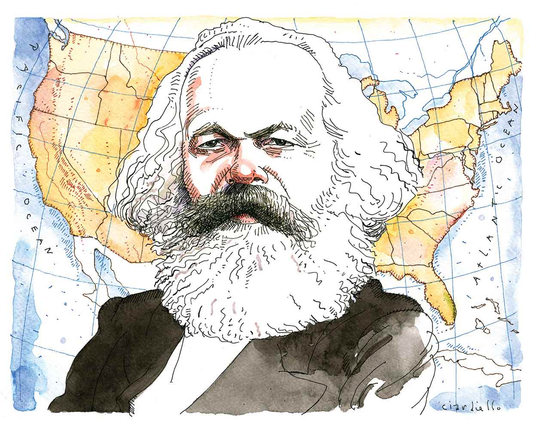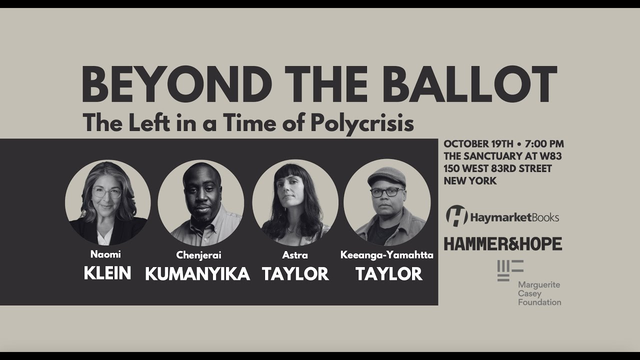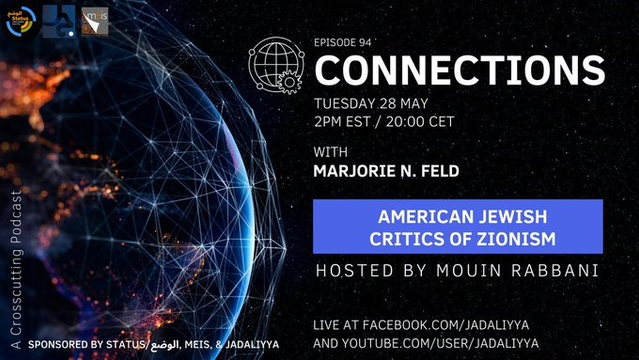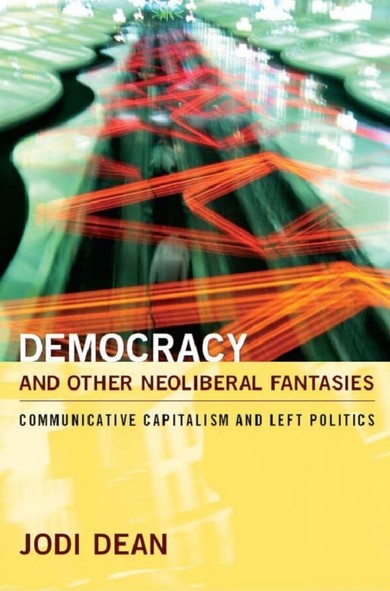Chroniques de la #GaucheCanadienne, surtout anglophone mais pas que (suite - et espérons que ce soit mon dernier commentaire de la journée)
About this trend:
"This [colonised] society has different concepts of gender and sexual orientation, and we should not copy-paste our own western words on their communities."
I have news for you: among western countries and cultures, gender and sexual orientations are also difficult to copy-paste. This has been ignored in the mainstream queer movements because most influencers who create discourse around it only speak English, or are extremely English-oriented.
So.
There is no accurate translation in Québécois French for "queer". That's why we use the word "queer".
There are other examples. "Femme" is already a French word. So, to distinguish "femme" and "femme", we sometimes pronounce the "femme" that does not strictly mean "woman" "fémi".
It touches other topics than gender. Advocacy has no accurate translation in French. Neither does Valedictorian. In rare occasions, for the latter, you will hear "major de promotion", and "défense des droits" for the former. But I have never heard of a "major de promotion" in Québec. "Premier/ère de classe", by the way, is derogatory.
It does not mean that French has too few words. For example, we make a clear difference between a "river" and a "fleuve" and a "dromadaire" is never a "camel".
"Queer" simply does not have the same cultural relevance in French as a concept. As a reminder, in its origin, "queer" meant something like "weirdo" does today. And guess what: there is no accurate and widely used equivalent of "weirdo" in Québécois French that I am aware of*. The notion of weirdness is fuzzier in French, where it is violently clear in English, though Francophone cultures also practice exclusion based on weirdness (obviously).
When I was a teen, I was "efféminé, une fille manquée, une tapette, une fifi", not a "queer". "Fifis" are not weird, undefined or strange. They have a specific gender role, they enter in a specific category, they are included in our cultural framework, and were often negatively perceived - but not always or in every way.
(There are, I think, accurate equivalents in English for "fifi".)
Your concept of queerness is difficult to explain to my parents, who are westerners. The concept of Two-Spirit was way easier for them to grasp, even though a lot of people say "Two-Spirit" is quite a mysterious umbrella-term, hard to understand for non-Indigenous people.
The existence of different words with different connotations for a sort of similar concept does not mean full inclusion or acceptance. It can reveal a slightly different cultural reality, but it does not necessarily constitute a glimpse in a whimsical parallel and mysterious universe in which we are all spiritual beings made of pure energy.
Knowing that some words exist is not sufficient to understand a community. You actually need to listen to people, try and understand what they exactly mean by the words they use, learn about their culture. You need to put effort in it.
If you can see a difference between genderflux and genderfluid, your brain has the capacity to understand the difference between Ikwekaazo and Ininikaazo (way easier).
Refraining from drawing parallels (though nuanced) means that you have given up.
When you have put enough effort, then, you can evaluate if yes or no, and if yes, to which degree you are imposing a colonial reality over a colonised people.
This comes naturally in a multilingual world, in which most of us live.
#GaucheCanadienne #GaucheQuébécoise #CanadianLeft #AmericanLeft #Languages #Left
______
*Most of the words we would use to avoid directly using "weirdo" are adjectives, not substantives (étrange, bizarre), or will be rarely used (un-e hurluberlu, un-e excentrique)



